On September 1, 1939, Adolf Hitler set World War II in Europe in motion when the spearheads of the Nazi Wehrmacht rolled across the German frontier into Poland. Three weeks later, after a gallant fight in some quarters, Poland was prostrate under the heel of the Nazi jackboot—and, lest we forget, the conquering Red Army of the Nazi accomplice Soviet Union.
For the Polish people, a long period of suffering was underway. At war’s end in 1945, Poland was a shattered country. Estimates of the number of Poles who died in World War II run as high as six million, about 5.2 million blamed on the Germans and the balance on the Soviets. Its cities were heaps of rubble, its economy was shattered, and a half century of communist dictatorial rule lay ahead.
On September 1, 2022, a full 83 years to the day after the fateful Nazi invasion, Jaroslaw Kaczynski, leader of the Polish Law and Justice Party, announced that his government will seek reparations of $1.3 trillion from the government of Germany to compensate for the losses sustained during the Nazi conquest and more than four years of brutal occupation.
The German Foreign Ministry was quick to respond that Poland and other Eastern Bloc nations, then under communist rule, had agreed to compensation paid years ago and that no basis for further claims exists. According to the Associated Press, the ministry in an email statement said its position is unchanged and the issue of reparations is concluded. “Poland long ago, in 1953, waived further reparations and has repeatedly confirmed this waiver. This is a significant basis for today’s European order. Germany stands by its responsibility for World War II politically and morally.”
The Polish government asserts that it has rejected the 1953 declaration of acceptance issued by the country’s government, which was communist at the time and dominated by the Soviet Union. Kaczynski says his government will not be dissuaded. “We not only prepared this report, but we have also taken the decision as to the further steps,” he said to the AP. “We will turn to Germany to open negotiations on the reparations.” He added that the conclusion will be a “long and not an easy path” but “one day will bring success. Germany has never really accounted for its crimes against Poland.”
The Poles used the anniversary of the Nazi invasion to underscore their determination in the process and their firm belief that the German economy is capable of making the massive payment. Kaczynski stood with Polish Prime Minister Mateusz Morawiecki during a ceremony marking the release of a three-volume report at the Royal Castle in Warsaw, which was destroyed during the war and later rebuilt.
According to an AP report, a team of more than 30 economists, historians and other experts began working on the report in 2017, and it details losses sustained in farming, industry, infrastructure, culture, forced labor deportations to Germany, and a Nazi program to turn Polish children into Germans through coerced adoption into German families. The report team, however, did not place a specific value on the millions of Polish lives lost.
Polish President Andrzej Duda told a group gathered at the Westerplatte peninsula near Gdansk that World War II was “one of the most terrible tragedies in our history. Not only because it took our freedom, not only because it took our state from us, but also because this war meant millions of victims among Poland’s citizens and irreparable losses to our homeland and our nation.”
German officials acknowledged the tragedy, and Dietmar Nietan, government official for German-Polish Cooperation, commented that September 1 “…remains a day of guilt and shame for Germany that reminds us time and again not to forget the crimes carried out by Germany…[during the] darkest chapter in our history.” He added that reconciliation is “the basis on which we can look toward the future together in a united Europe.”
Opposition politicians in Poland have called the government claim a political game and offer that cooperation between Warsaw and Berlin is the better path. Still, nothing can erase the stain of horrific aggression perpetrated by the Nazis—not an apology, not a financial settlement, not even a monument.
Only a solemn pledge made and kept by the civilized nations of the world to never allow such a march of tyranny again might begin to heal the deep wounds that remain in the Polish national psyche and elsewhere generations after World War II.
—Michael E. Haskew
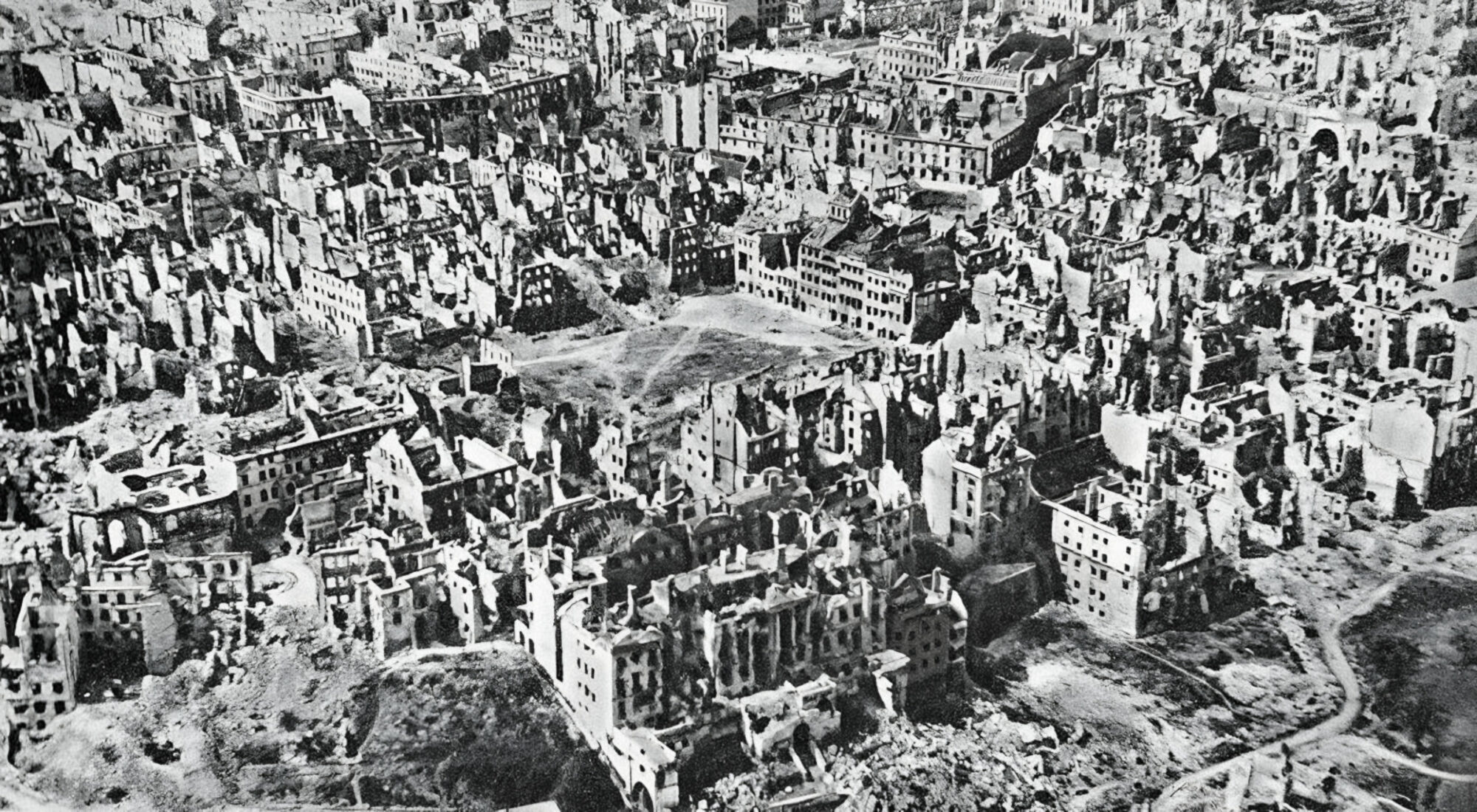
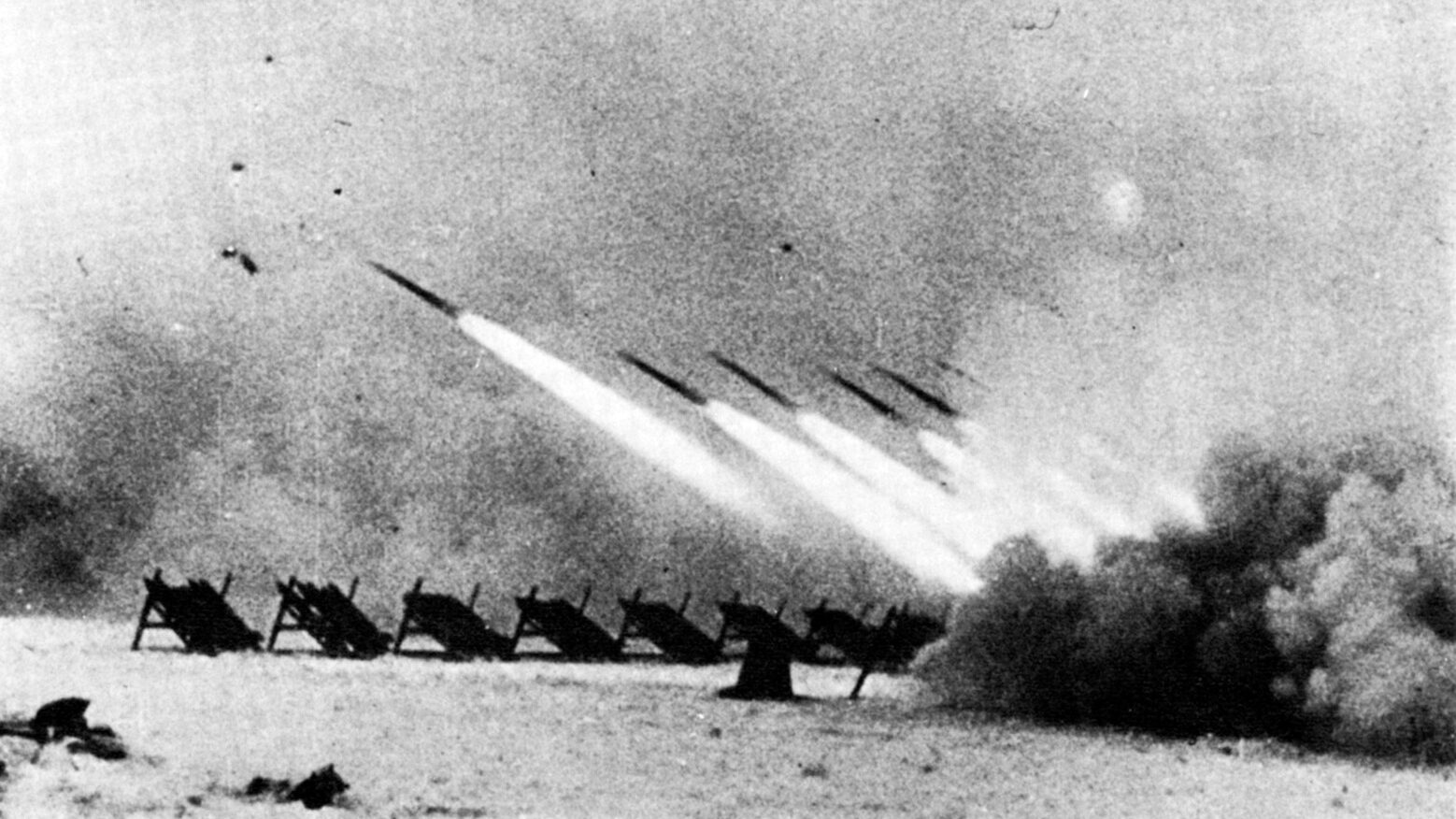

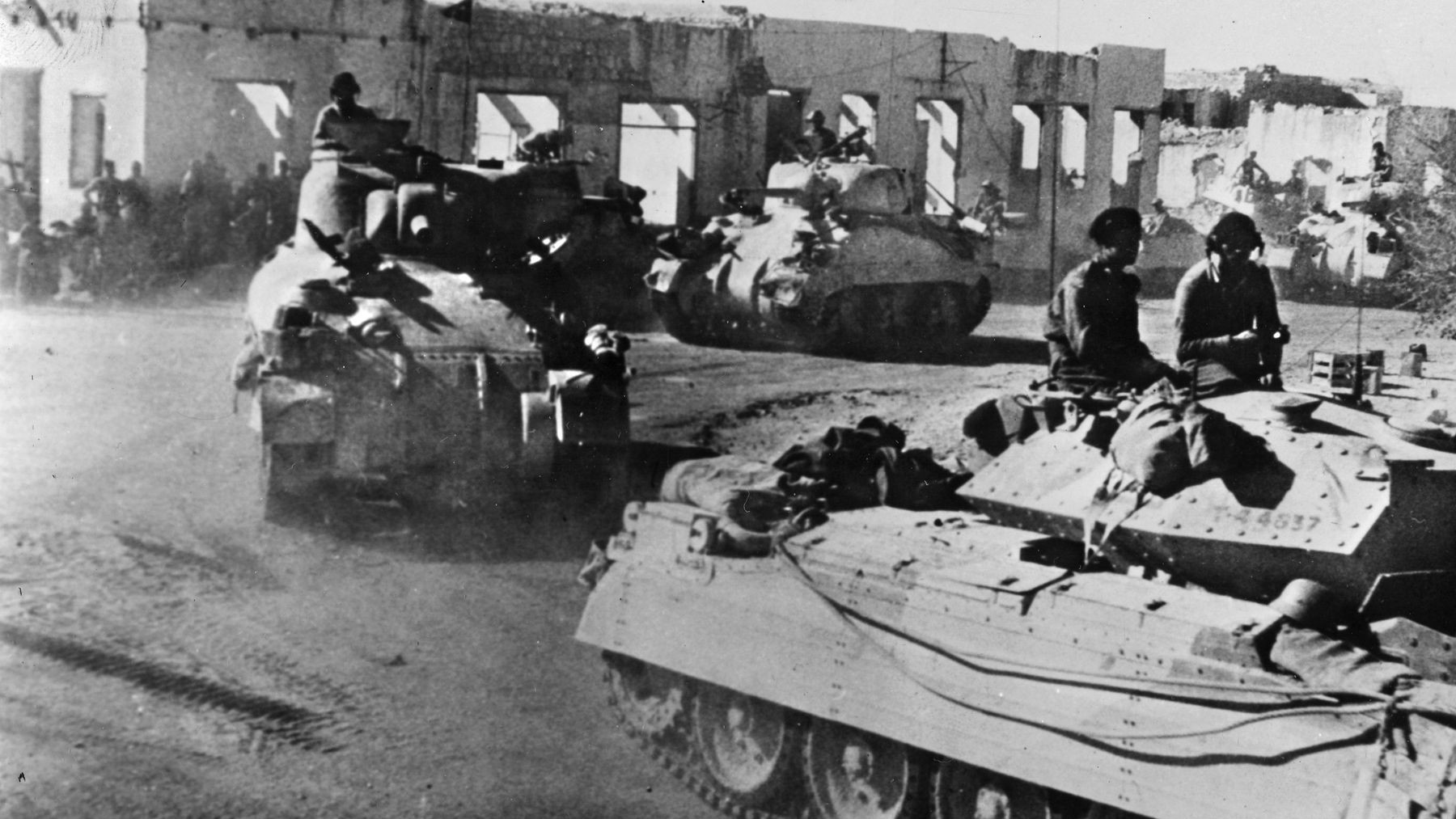

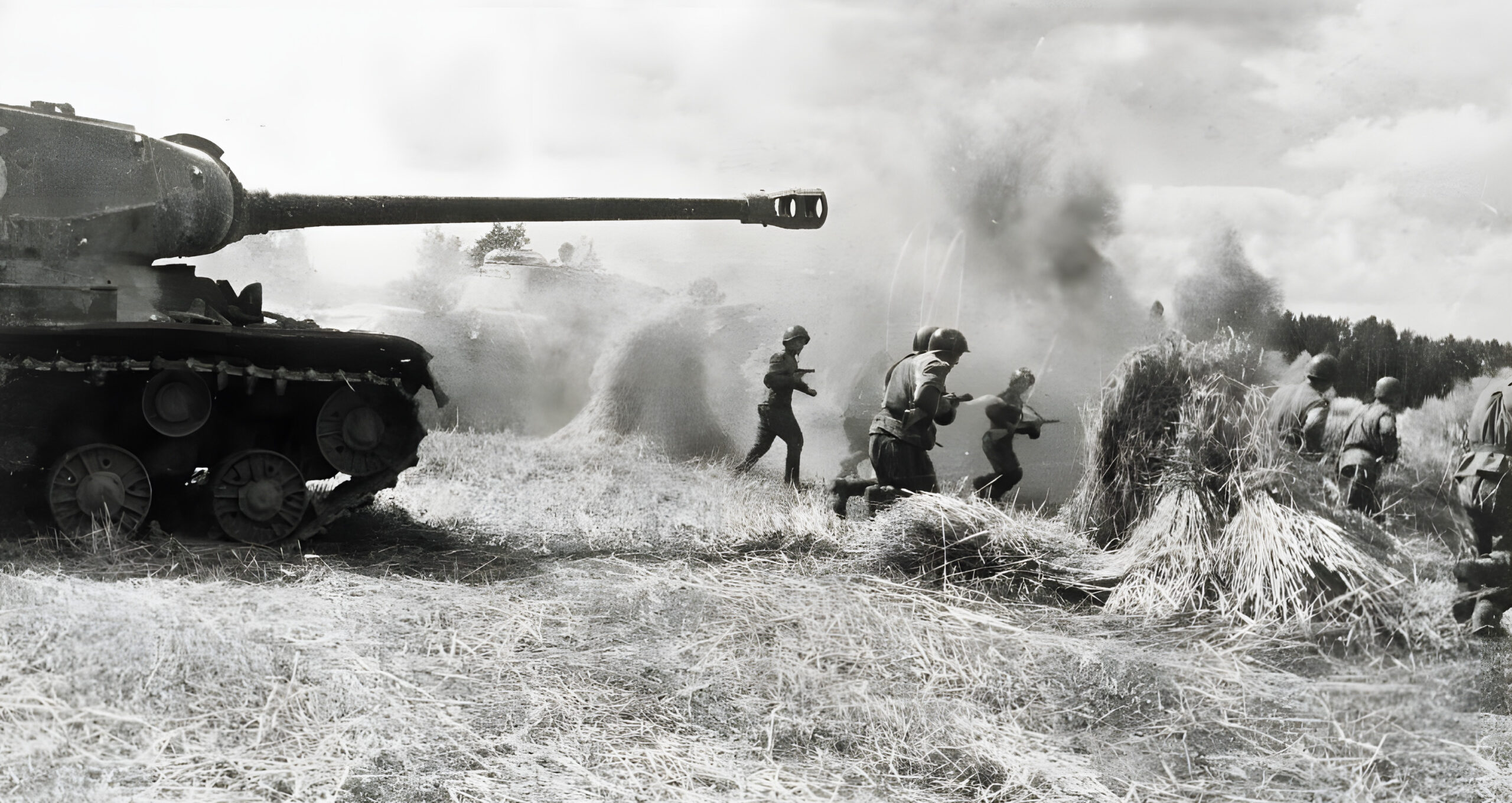
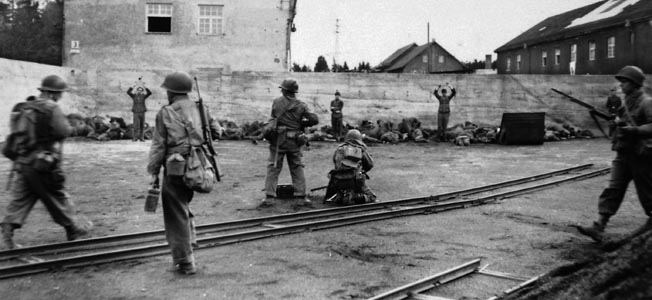
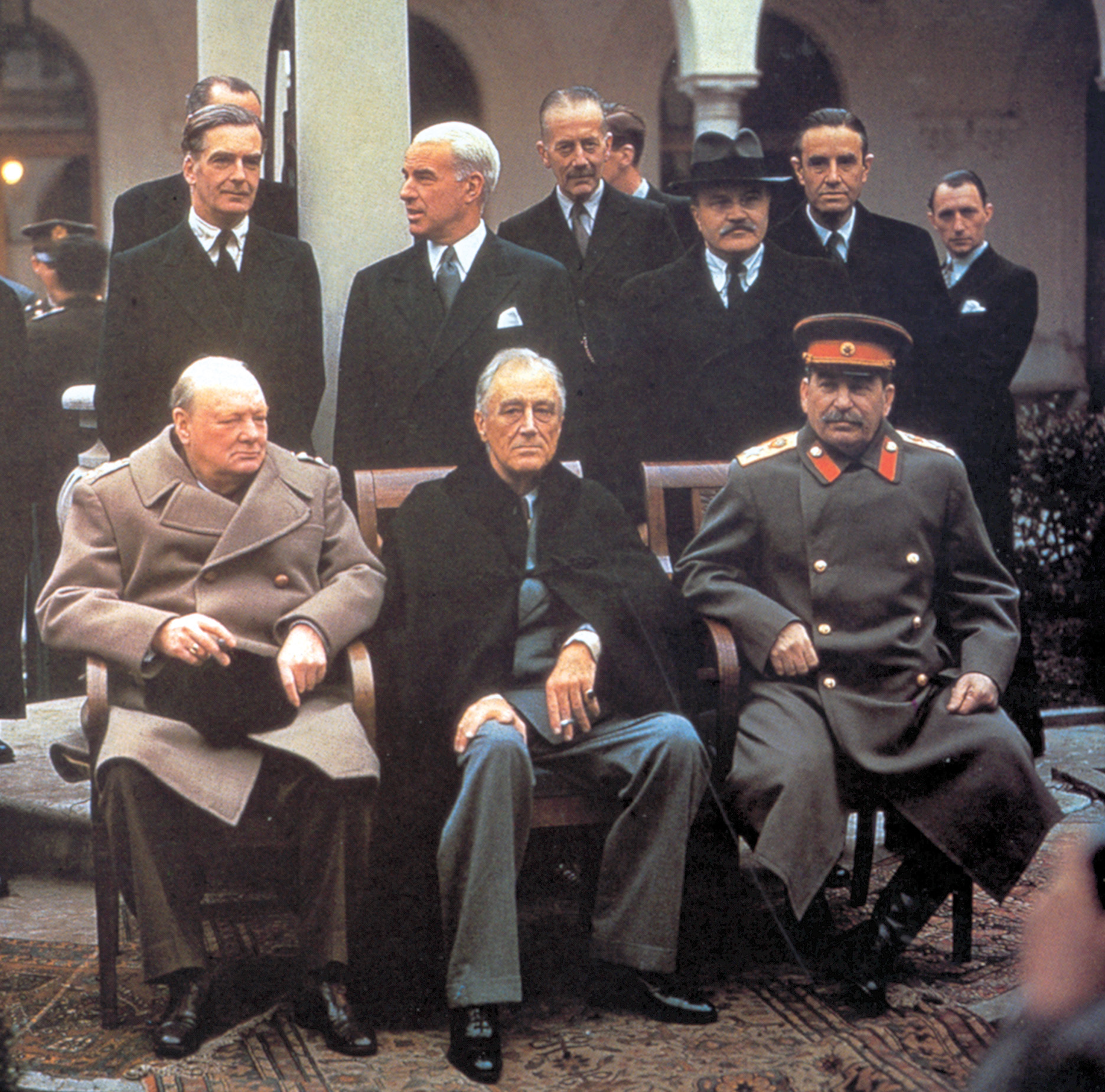
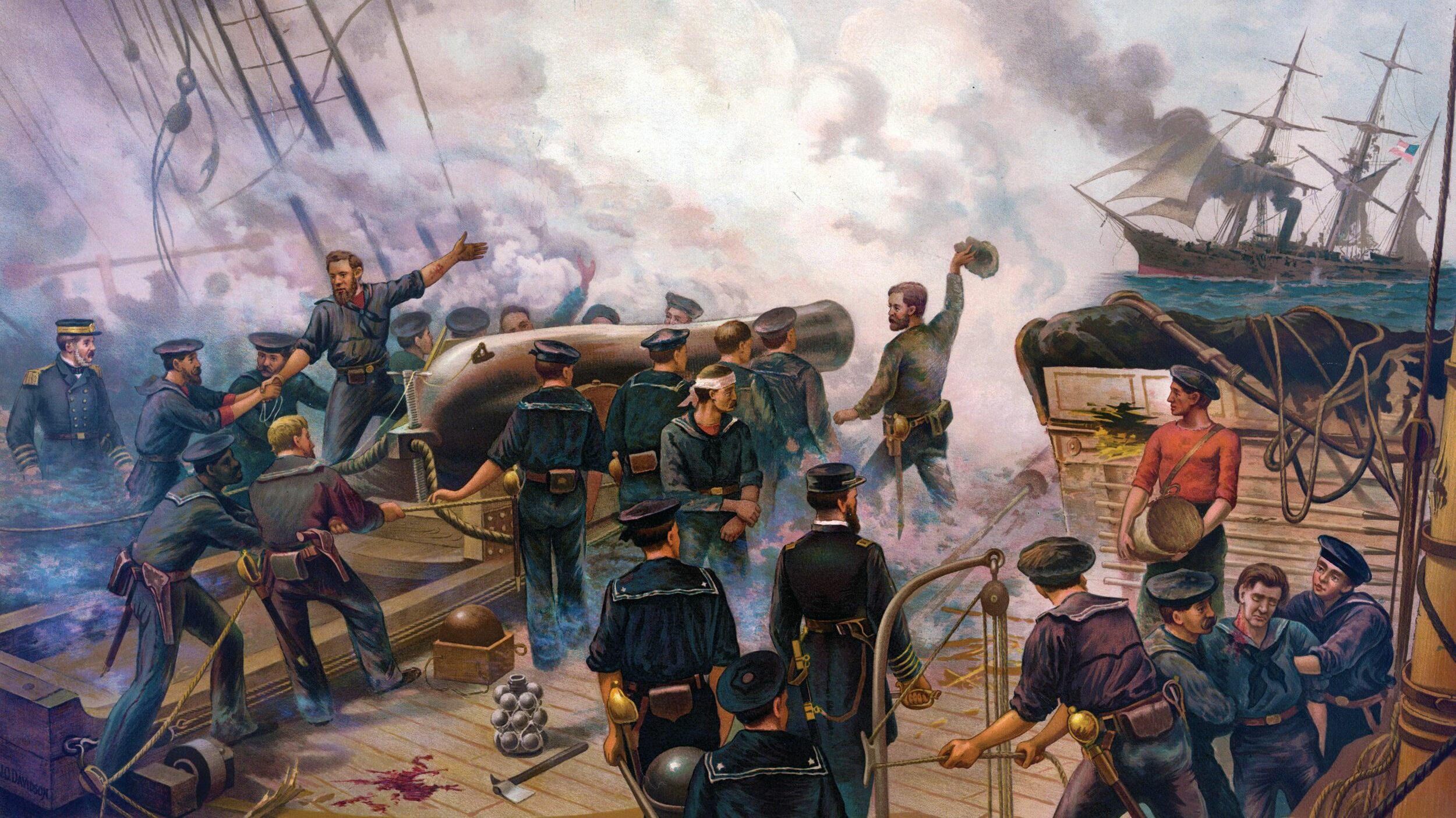
Join The Conversation
Comments
View All Comments